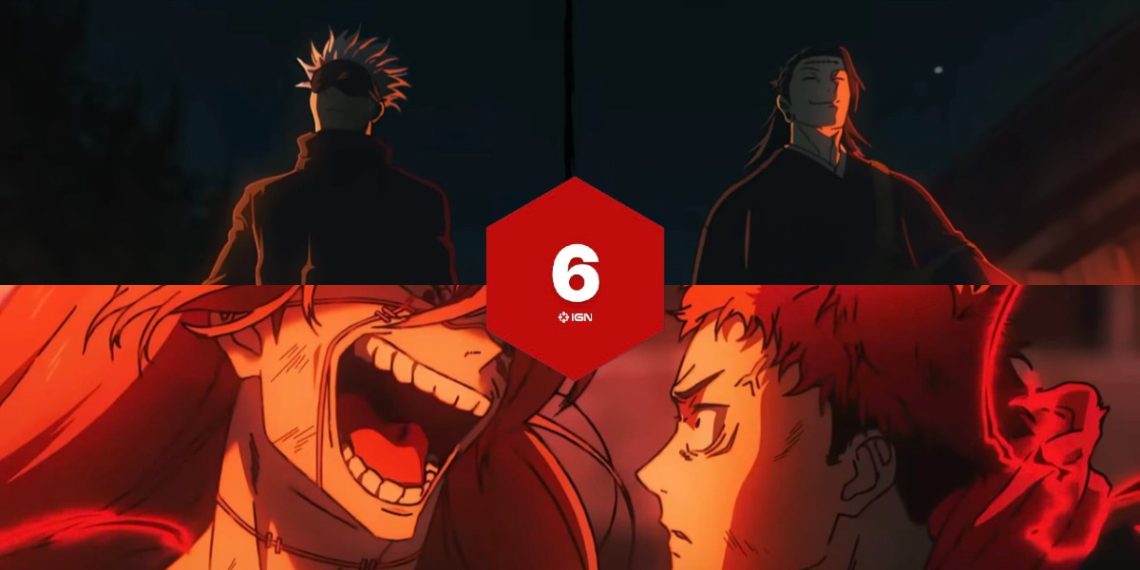IGN recently published a review of the second season of the anime series Jujutsu Kaisen. In their review, the critics took issue with what they perceived as an overabundance of action sequences at the expense of meaningful character development. This opinion has sparked some controversy and disagreement among fans of the show.
While the review raises valid critiques from a general storytelling perspective, some argue that it misses the mark when it comes to understanding Jujutsu Kaisen on its own terms.
As a battles-focused Shonen anime, the show adheres to certain conventions of the genre that emphasize exciting fights, powers, and abilities. Complex emotional arcs are often secondary.
Jujutsu Kaisen offers plenty of spectacle, but little else during the Shibuya Incident Arc.
Our review: https://t.co/OTtw74N7I2 pic.twitter.com/5KYaDAOGzf
— IGN (@IGN) January 20, 2024
So judging it harshly by the standards of a more dramatic or introspective style of narrative may be an unfair standard.
The debate speaks to the tricky balance between evaluating a work’s quality objectively, while also considering its aims and genre. An action series prioritizes thrills and combat, so should not necessarily be assessed by the depth of inner transformation.
At the same time, dismissing character depth entirely leaves room for reasonable criticism.
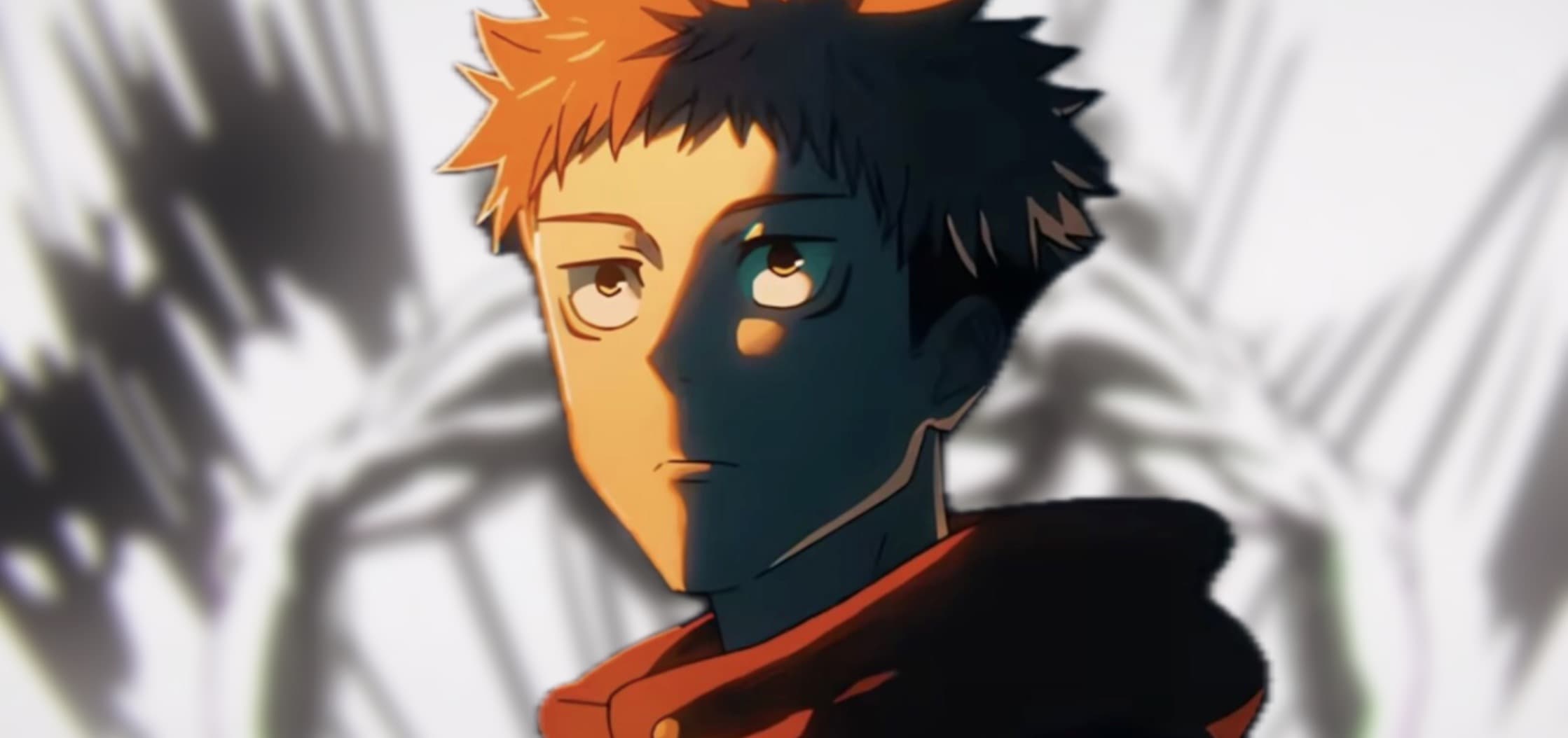
While IGN’s review articulates some fair critiques, applying expectations counter to Jujutsu Kaisen’s intended framework as an action Shonen risks missing what makes the show compelling on its own terms.
How Fans Have Reacted To IGN’s Review
The IGN review has sparked spirited discussion and some disagreement within the Jujutsu Kaisen fan community. On one hand, some fans believe the review makes fair critiques about the emphasis on action over character development.
The rapid pace of fights and battles leaves little room for quieter character-building moments or emotional arcs. Especially for side characters who reappear after being absent for a while.
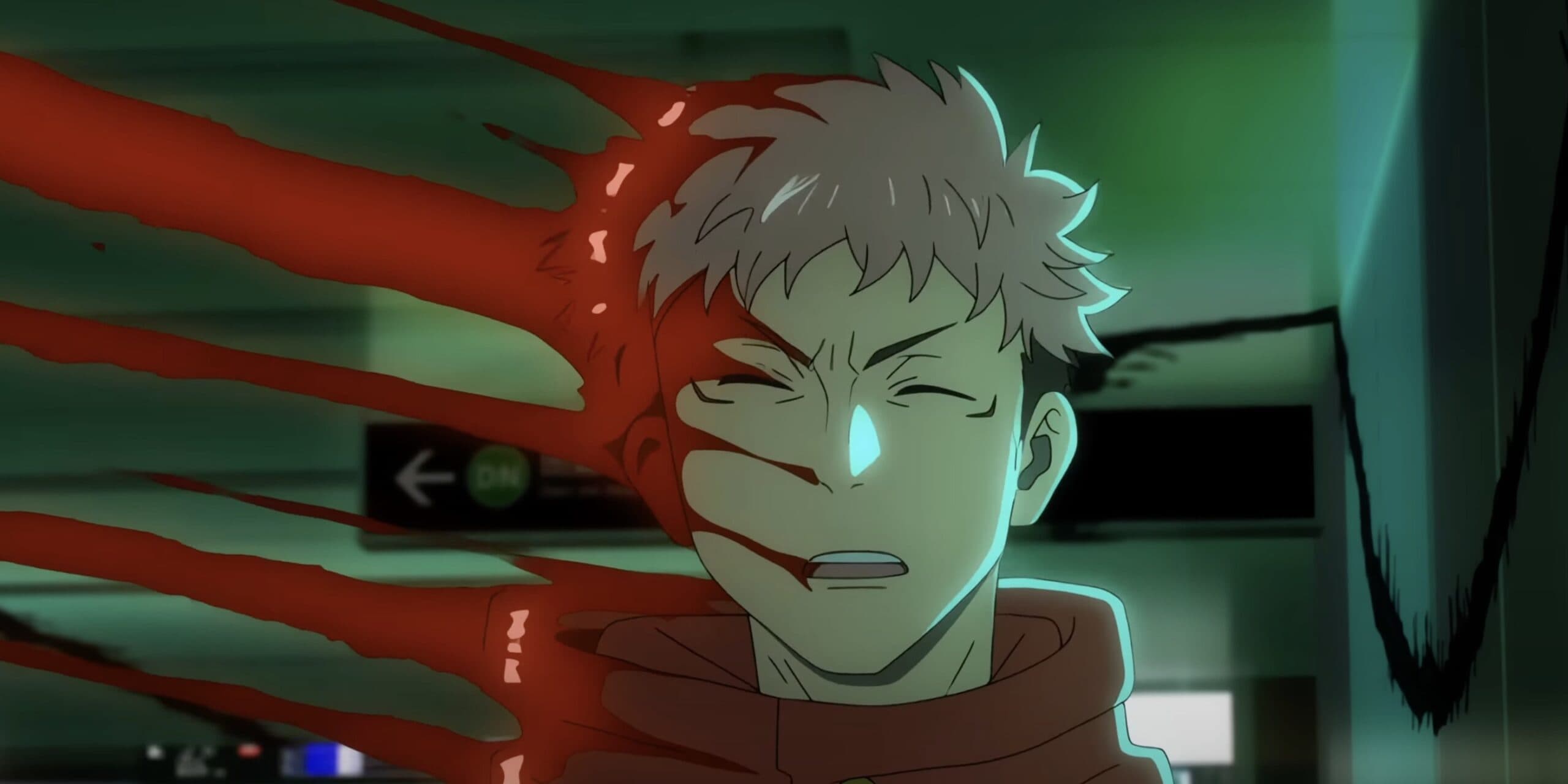
However, other fans feel the review fundamentally misunderstands or ignores what makes Jujutsu Kaisen compelling as a battle-shonen anime.
The dazzling animated fight sequences, inventive powers, and abilities – these elements take priority in this genre, not introspective character drama. Assessing the series harshly by the standards of a more reflective, character-focused storytelling approach does a disservice.
Interestingly, the IGN critic gave very high scores (8-10 out of 10) for other recent battle anime like Chainsaw Man, Demon Slayer, Attack on Titan, etc.
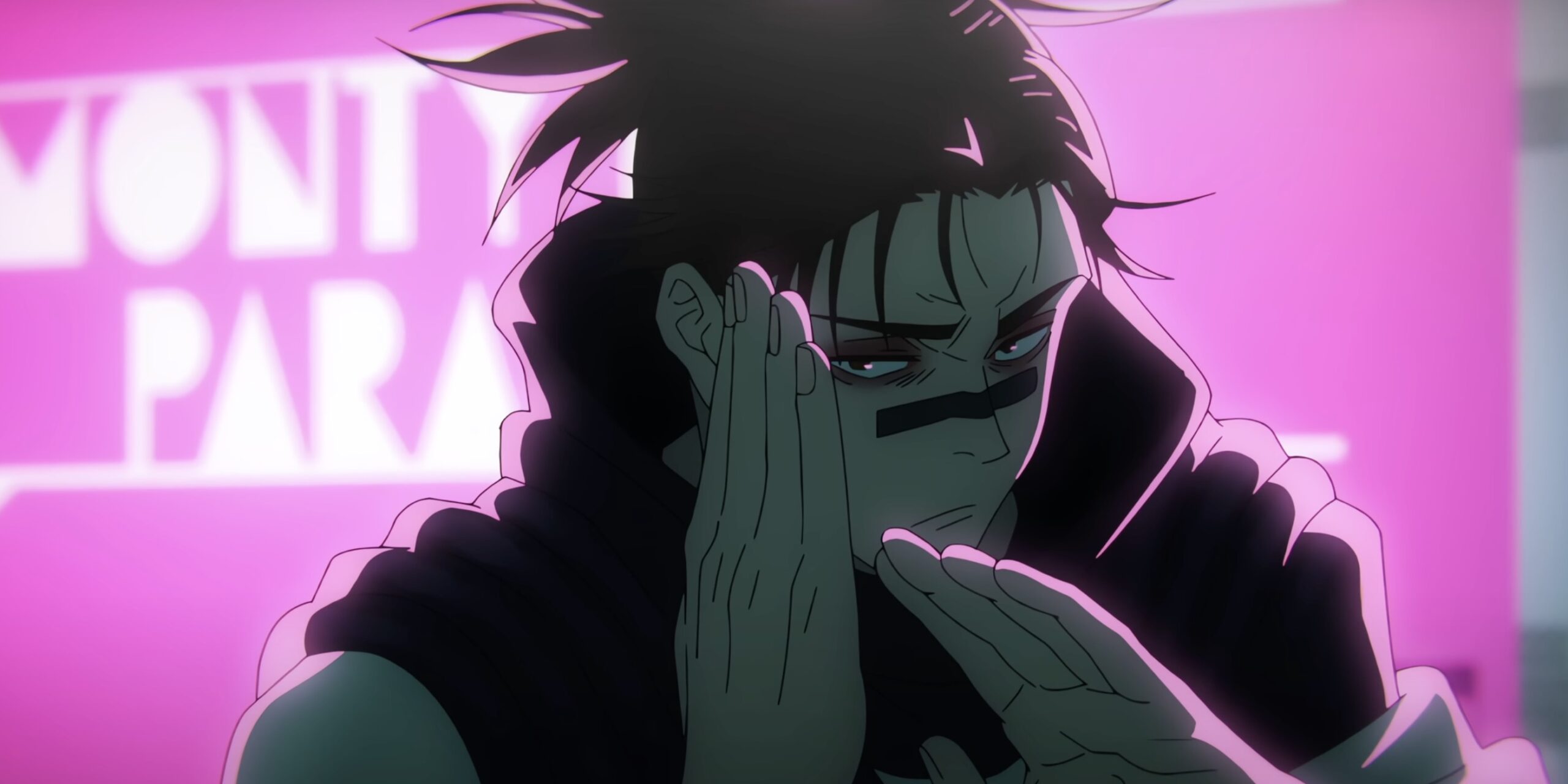
So some fans think his lower score for Jujutsu Kaisen reveals more about the critic’s personal taste rather than any grave flaw of the show. Still, others have speculated external factors unrelated to quality, like controversy about overwork conditions at animation studio MAPPA, may have unconsciously influenced the scoring.
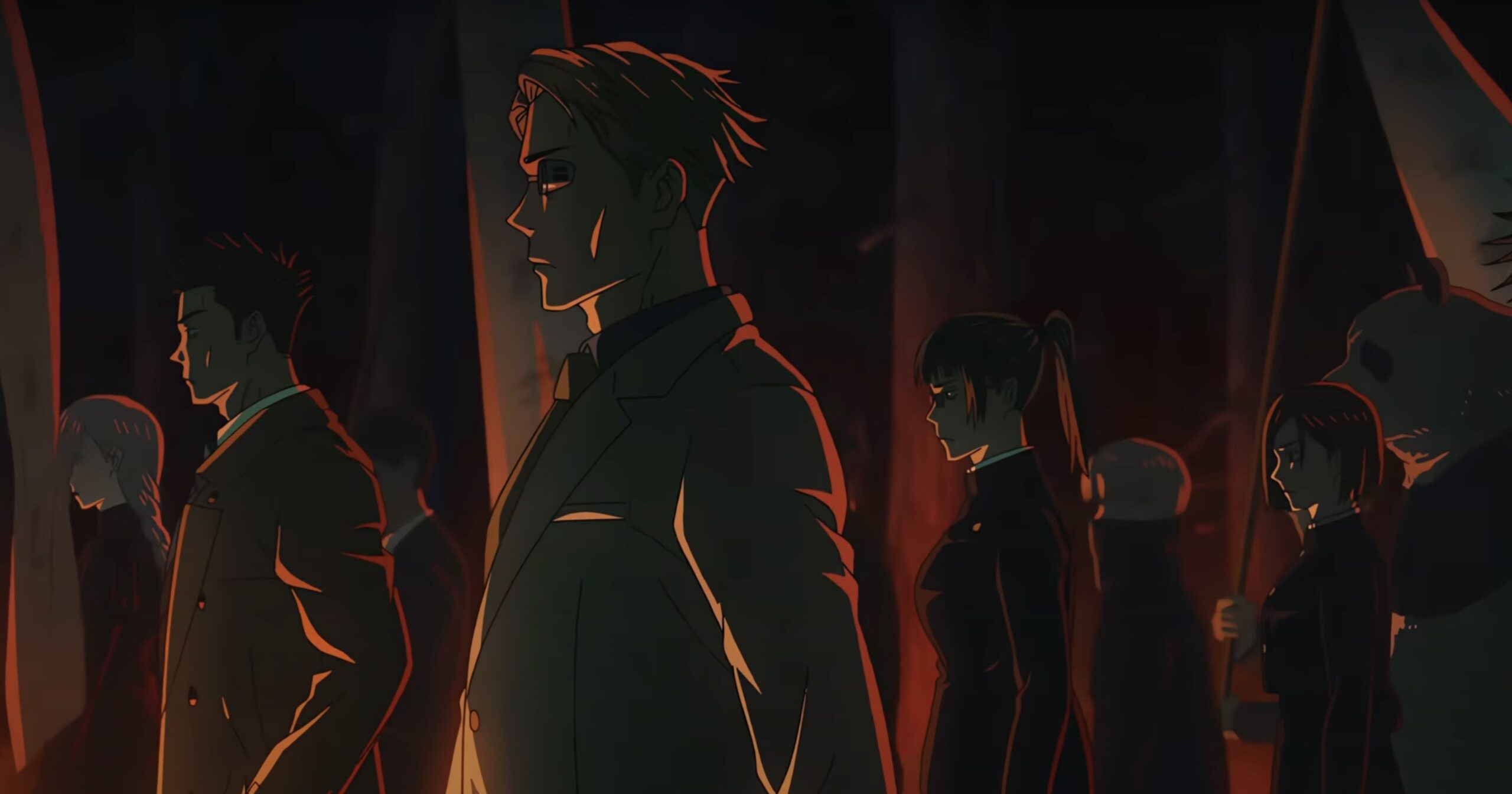
In the end, the debate around reviews can serve as a springboard for meaningful discussion of creative works. Reasonable critiques should be considered, but there should also be room for respecting a series aims on its own terms before applying general storytelling yardsticks too rigidly across genres.
Jujutsu Kaisen’s Visual Spectacle
The long-awaited Shibuya Incident arc in Jujutsu Kaisen has concluded, but some fans feel it fell short of expectations despite spectacular animation and nonstop action.
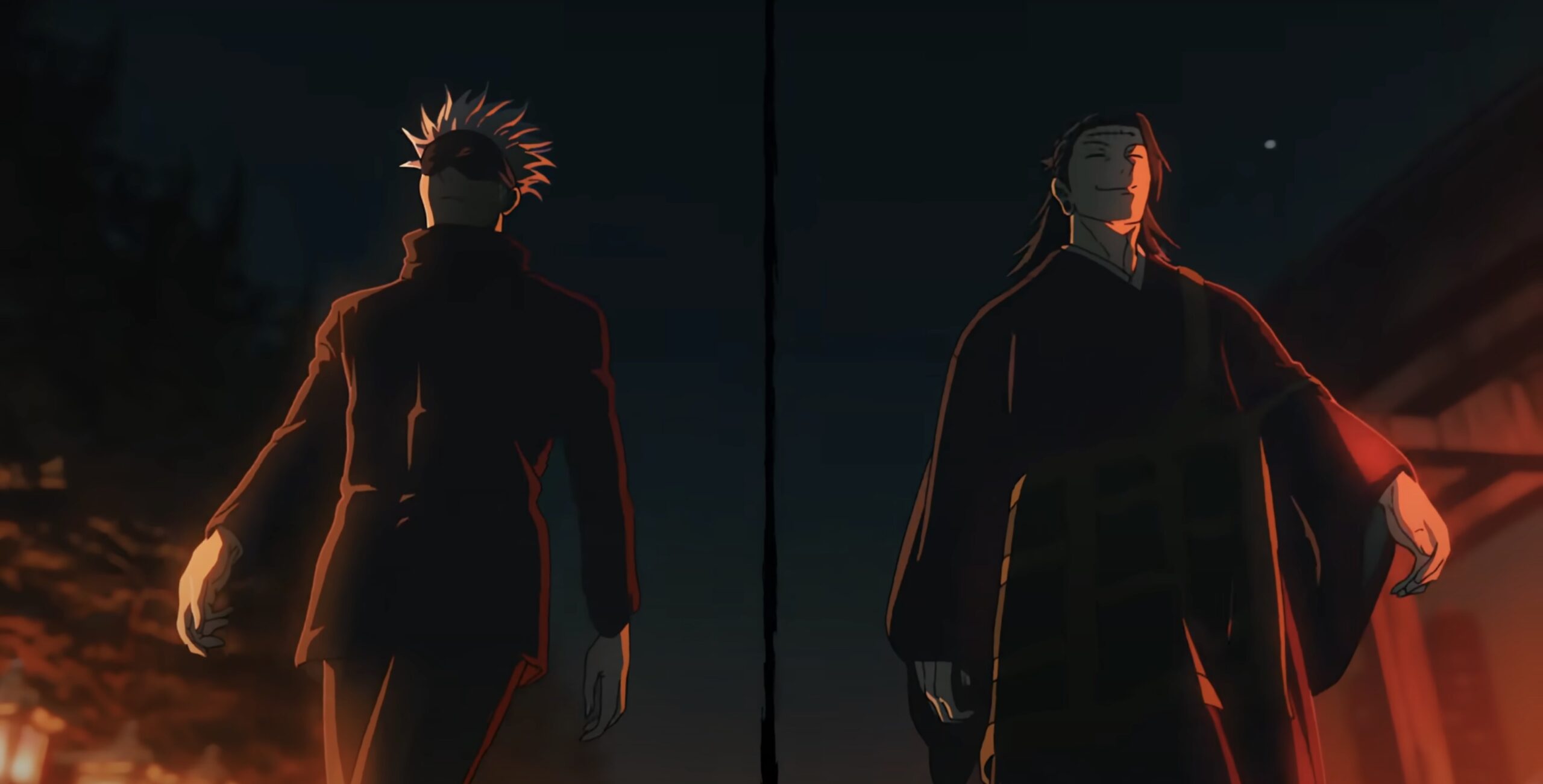
While the fights themselves demonstrate gorgeous visual craft, some argue they lack narrative weight or emotional resonance when strung together.
Whereas the first season blended comedy, horror, and character drama effectively, and the recent Gojo’s Past arc delivered devastating emotional upheaval, Shibuya leans too heavily on battles alone to carry the story.
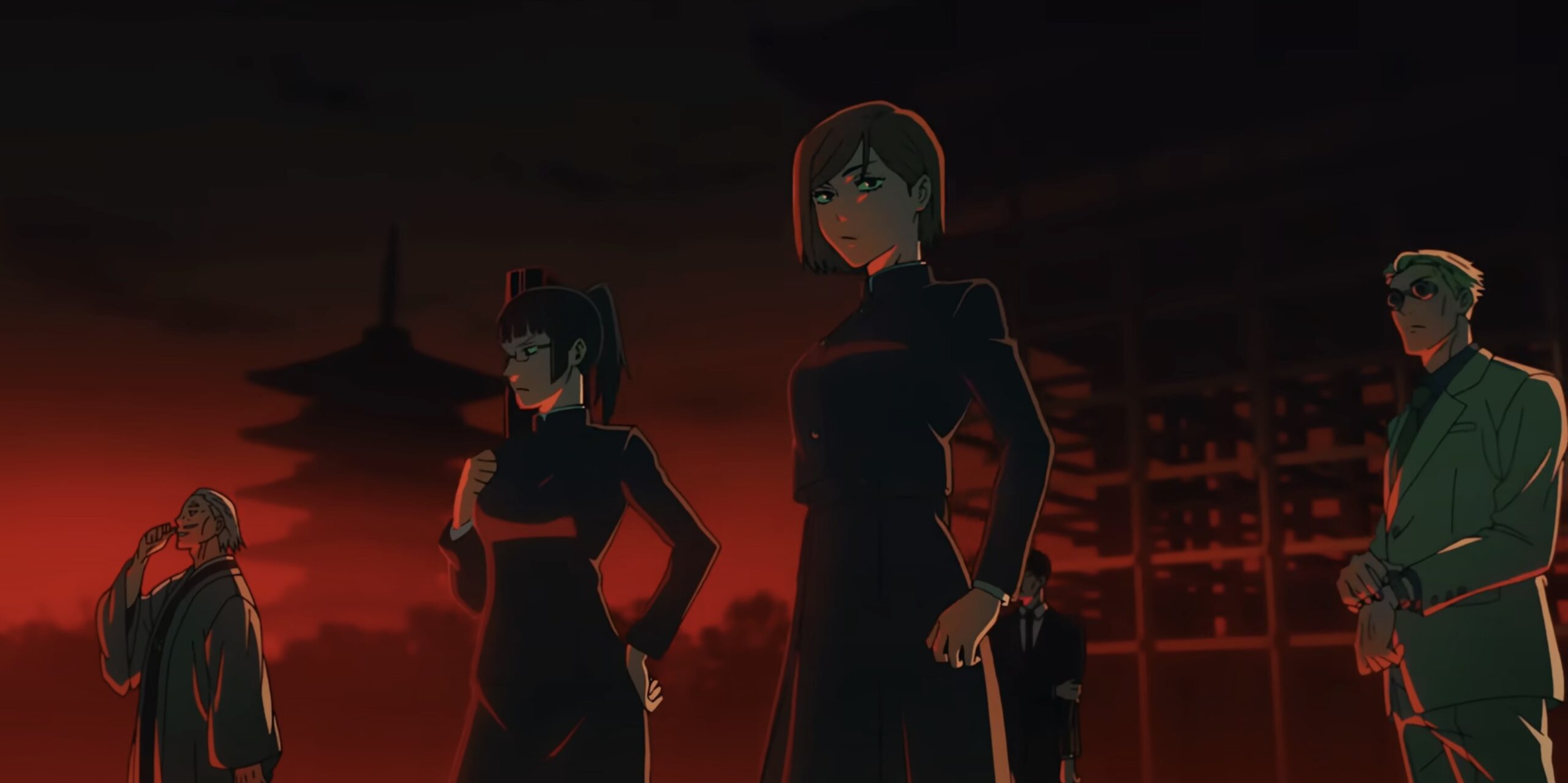
The frenzied pace leaves little room for quieter character moments or cathartic emotional arcs. And some of the arc’s major character deaths feel rushed or unearned, failing to land with full dramatic impact.
The awkward chronology also contributes to the feeling of disorientation – we reunite with Yuji and friends after a 4-year time jump, only for them to immediately separate when disaster strikes.
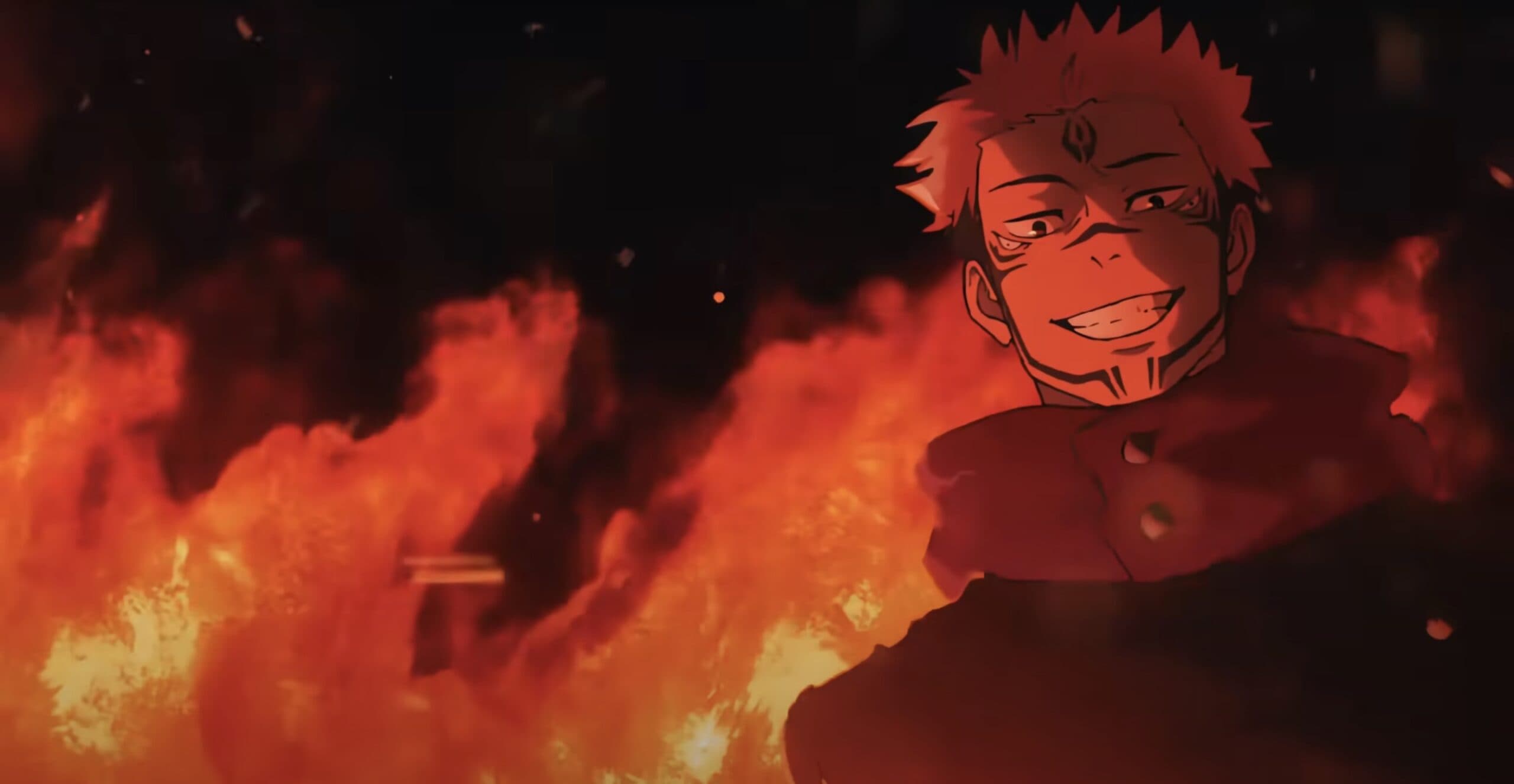
This denies viewers that long-awaited reunion payoff. While major shifts do occur that massively impact the broader JJK world, some feel that the arc arrives at these world-changing events through an unfocused, meandering path without enough compelling character material to anchor the sequences.
In the end, while Shibuya delivers visually incredible action set pieces, some fans argue that Jujutsu Kaisen derives its power not just from fights alone, but from the interplay of humor, horror, and sincerely-felt character bonds.
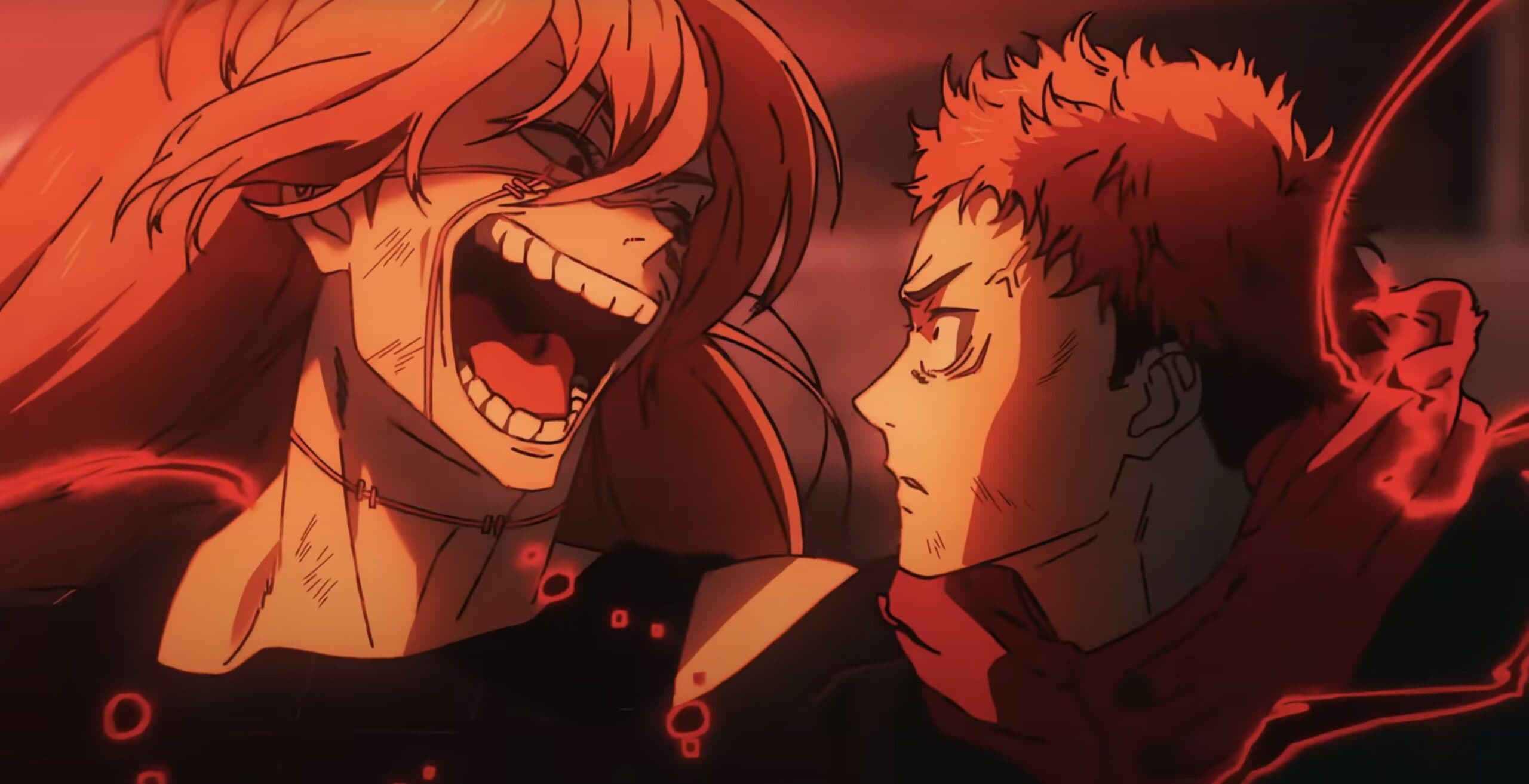
Leaning entirely into frenzied battles without allowing those quieter moments underserves what makes the show so uniquely compelling when all elements combine in service of each other.

